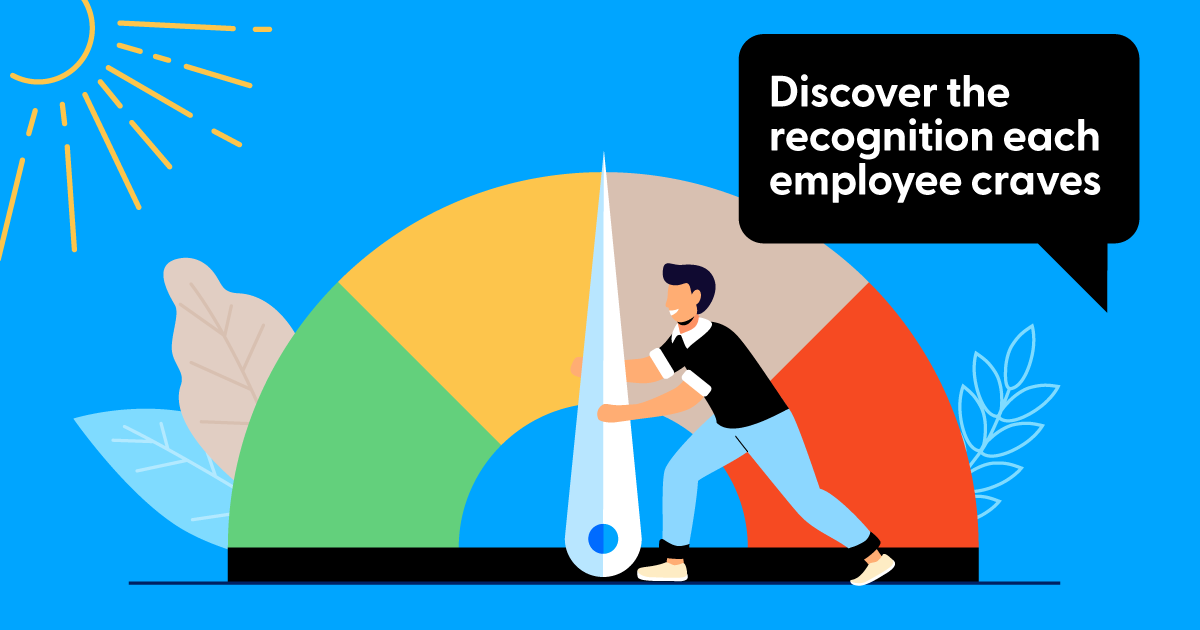The secret is a technique known as ‘reflective recognition’. It simply involves:
- Listening to what an employee is most proud of or feels they’ve put a huge effort into
- Reflecting back what you’ve heard and illustrating how you have noticed those things
- Explaining why you appreciate what they’ve done
In this article we begin with a quick review of why employee recognition is so important. We then provide practical tips on how to add reflective recognition to your leadership skillset.
Why is employee recognition so important?
Effective employee recognition has been shown to boost productivity and reduce staff turnover. It also enhances your reputation, making it easier to attract top talent.
Why is reflective recognition so effective?
Reflective recognition helps identify what each employee believes they should be recognised for, allowing you to prioritise their contributions accordingly. This approach not only ensures that their valued efforts are acknowledged, but also fosters a culture of self-recognition and reward within your team.
How do you provide reflective recognition?
Reflective recognition works best when it’s part of your regular one-on-ones and normal workplace conversations. It’s very straight-forward, doesn’t cost a thing and doesn’t require an extra meeting or event.
If you’ve never had conversations like this before, some employees might get a bit nervous and wonder what you’re up to. Others may simply struggle to blow their own trumpet. It might help to say something like ‘I realise that I don’t get to see everything you do and I’d like to learn more about what you’re most proud of.
Here are the main ingredients of a good reflective recognition conversation.
Identify what the employee feels proud of
This is as simple as asking a question, such as:
- What part of your recent work are you finding the most rewarding?
- How are you dealing with your biggest challenges at work these days?
- What have you been doing lately that you’d like to get more credit for?
It’s important to ask further non-judgemental questions that encourage them to speak for their work in more detail. This might take a few rounds in the early days.
Reflect back your recognition
The next step is to let employees know what you’ve just heard, so they know you recognise what they really want you to. You can say something like, “I knew you were doing A,B,C, but I’m really pleased to learn that you’re also doing X, Y and Z. Thank you for sharing that”.
Confirm your appreciation
The final step is to ensure your positive recognition feels like more than a token “thank you”. It’s important to explain why you value the things you’ve just recognised. This often involves talking about how they’ve helped the team or organisation achieve its goals, how they’ve supported the organisation’s values or how they’ve helped others to be more productive.
Boosting recognition with tangible rewards
If you’d like to add some great tangible rewards to your recognition programme, check out Boost’s no-stress employee benefits platform.
